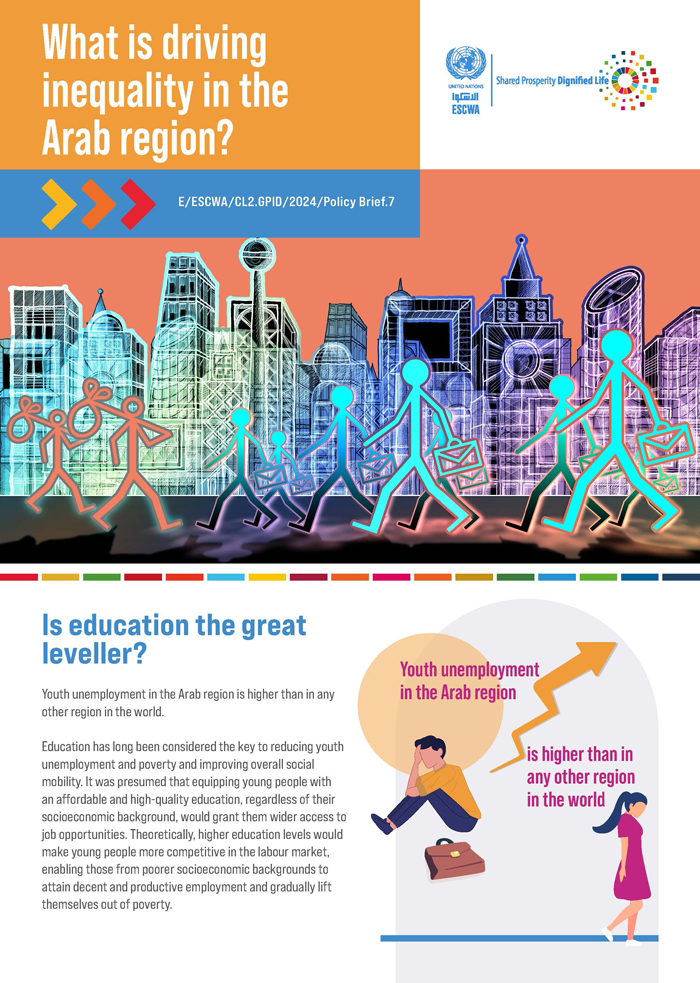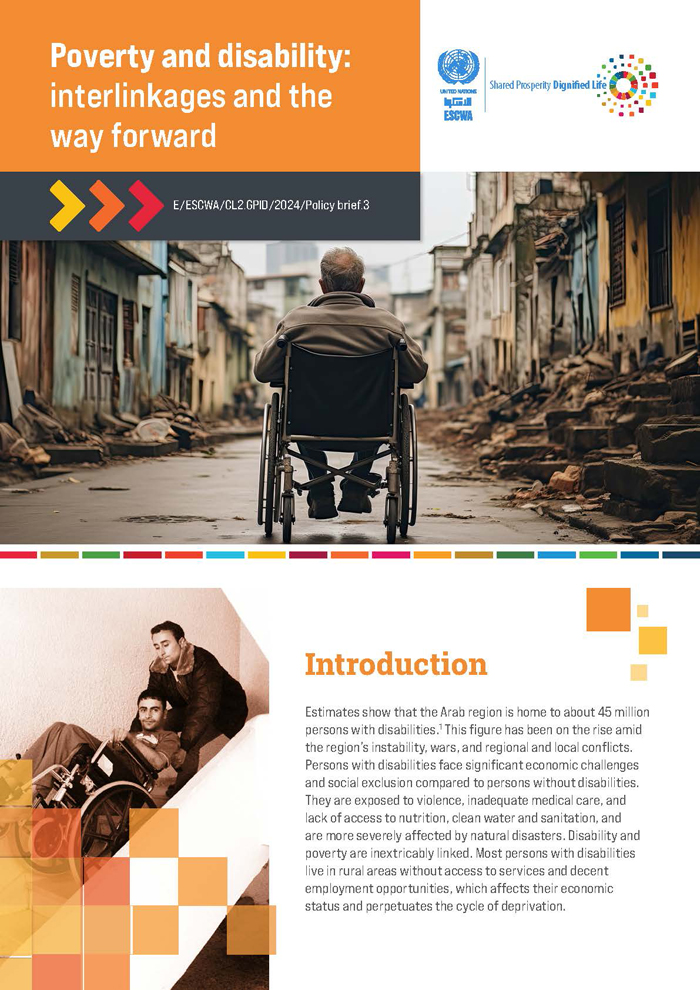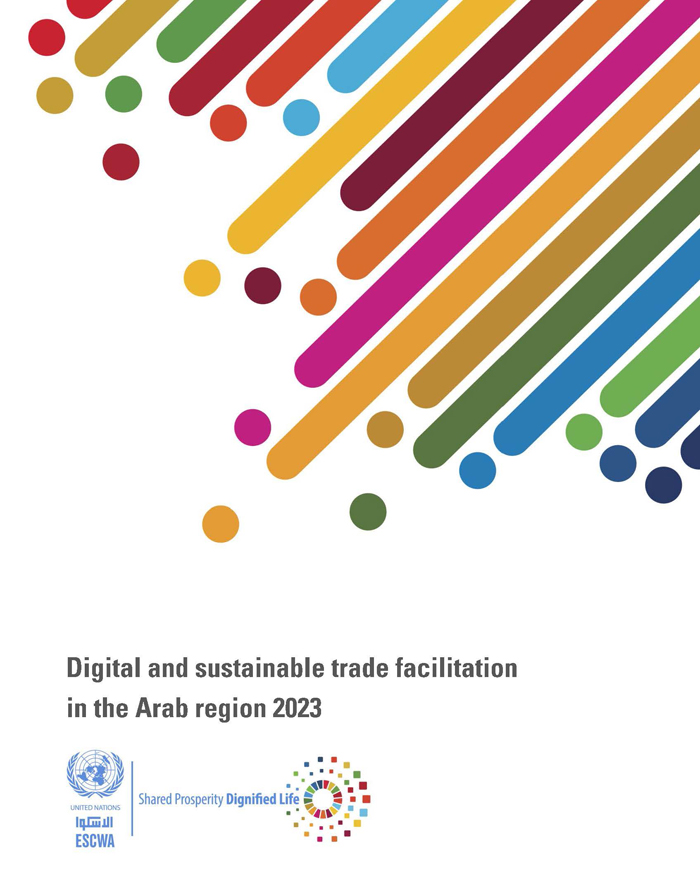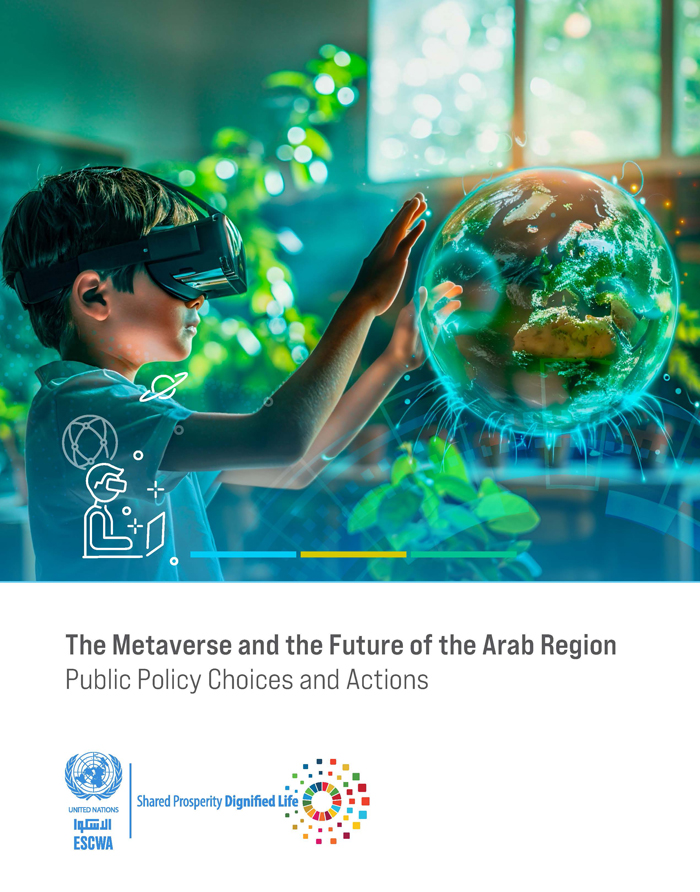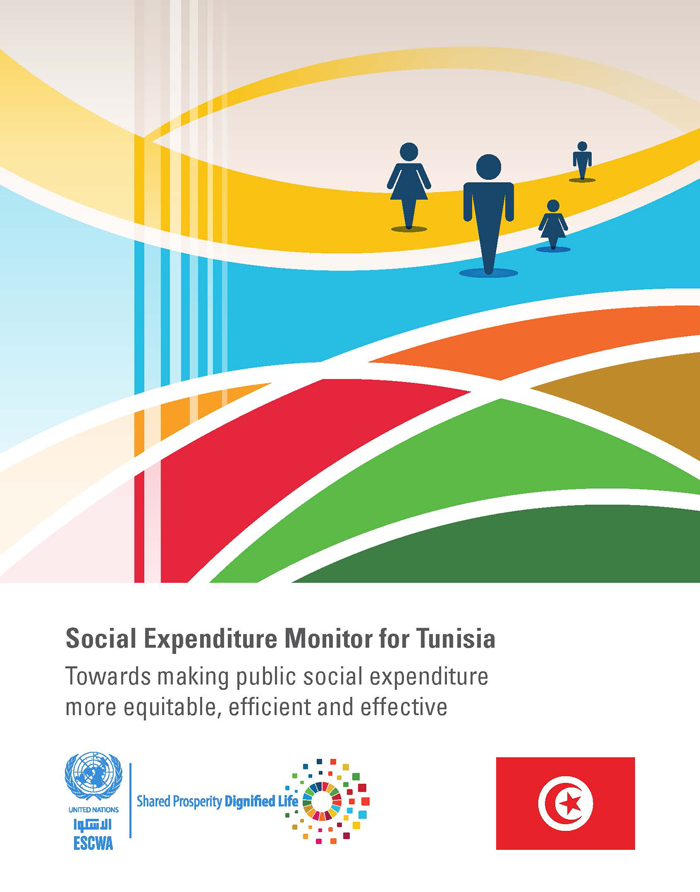
ESCWA Publication: E/ESCWA/CL3.SEP/2021/CP.3
Country: Republic of Tunisia
Publication Type: Information material
Cluster: Shared Economic Prosperity
Focus Area: 2030 Agenda, Debt and fiscal policy, Inclusive development
Initiatives: Social Expenditure Monitor for Arab States, Public finance and inclusive fiscal policy
SDGs: Agenda 2030
Keywords: Economic conditions, Fiscal policy, Sustainable development, Public expenditures, Human development, Technical cooperation, Social development, Debt, Public expenditures
Social Expenditure Monitor for Tunisia: Towards making public social expenditure more equitable, efficient and effective
September 2022
Public social expenditure underpins the well-being and economic potential of individuals and entire societies. Fiscal space and sustainability pressures have been mounting in the Arab region, including Tunisia, emphasizing the need to invest in structural transformation, human development and the Sustainable Development Goals (SDGs). However, a key challenge in the region is the ability to target public expenditure in line with fiscal sustainability and social development priorities. It is not just a mere increase in total public expenditure that would necessarily improve social and human development outcomes, but if expenditures can be mapped to key social development priorities and beneficiaries, by aligning to the SDGs where possible, the impact on social and human development outcomes would be much clearer. Without a proper tool to map public social expenditure in its entirety, the current way of managing expenditure to meet aspirations is unsustainable and risks failing to achieve the SDGs.
A comprehensive mechanism that monitors social expenditure, such as the Social Expenditure Monitor (SEM), helps ensure a more efficient and effective budget allocation towards achieving the socioeconomic priorities and SDGs. Using the SEM, this policy paper analyses the major trends and patterns of social expenditure allocations in public budgets of Tunisia and assesses their efficiency. The paper recommends important policy conclusions such as improving monitoring and governance of social programmes to improve the equity, efficiency and effectiveness of social policy; enhancing fiscal space for increasing social expenditures in critical areas of social policy such as quality education, health and ecological transitions that improve resilience to systemic shocks; reprioritizing allocations to critical social policy areas with balanced mix of expenditures towards improving human development, human capital and economic growth; and modernizing the public transfer system in order to ensure transparency, efficient and quality service delivery, and better target needy and vulnerable populations.
Related content
2030 Agenda
, Debt and fiscal policy
, Inclusive development
,
Public social expenditure underpins the well-being and economic potential of individuals and entire societies. Fiscal space and sustainability pressures have been mounting in the Arab region, including Tunisia, emphasizing the need to invest in structural transformation, human development and the Sustainable Development Goals (SDGs). However, a key challenge in the region is the ability to target public expenditure in line with fiscal sustainability and social development priorities. It is not just a mere increase in total public expenditure that would necessarily improve social and human development outcomes, but if expenditures can be mapped to key social development priorities and beneficiaries, by aligning to the SDGs where possible, the impact on social and human development outcomes would be much clearer. Without a proper tool to map public social expenditure in its entirety, the current way of managing expenditure to meet aspirations is unsustainable and risks failing to achieve the SDGs.
A comprehensive mechanism that monitors social expenditure, such as the Social Expenditure Monitor (SEM), helps ensure a more efficient and effective budget allocation towards achieving the socioeconomic priorities and SDGs. Using the SEM, this policy paper analyses the major trends and patterns of social expenditure allocations in public budgets of Tunisia and assesses their efficiency. The paper recommends important policy conclusions such as improving monitoring and governance of social programmes to improve the equity, efficiency and effectiveness of social policy; enhancing fiscal space for increasing social expenditures in critical areas of social policy such as quality education, health and ecological transitions that improve resilience to systemic shocks; reprioritizing allocations to critical social policy areas with balanced mix of expenditures towards improving human development, human capital and economic growth; and modernizing the public transfer system in order to ensure transparency, efficient and quality service delivery, and better target needy and vulnerable populations.
